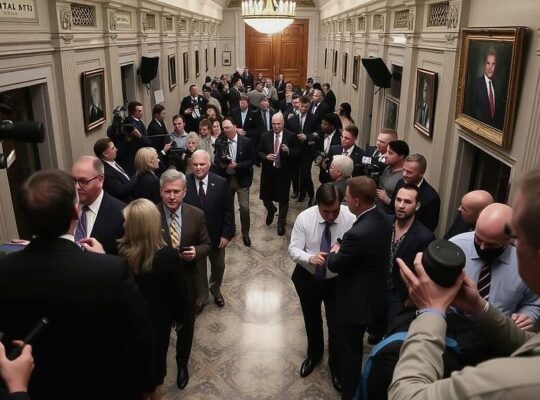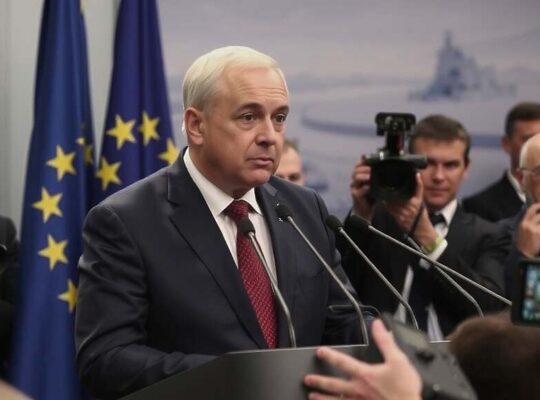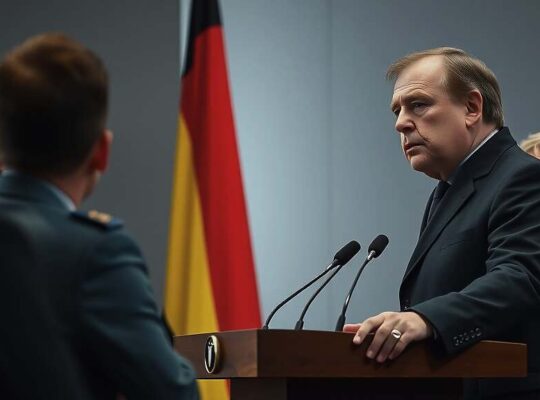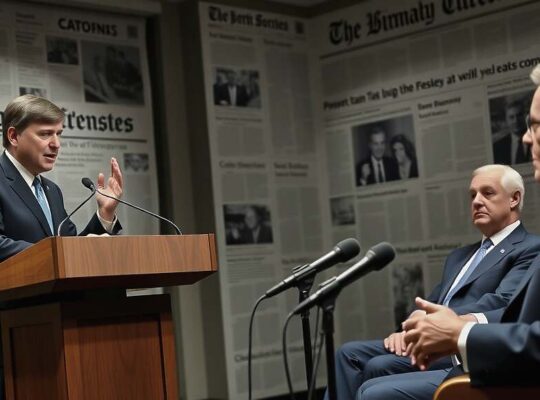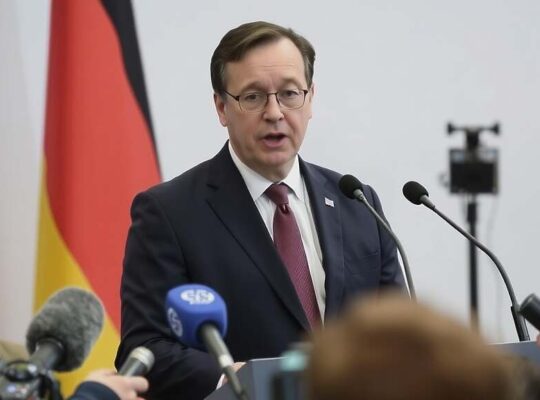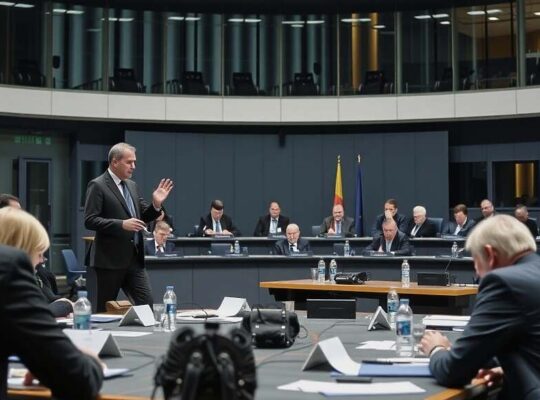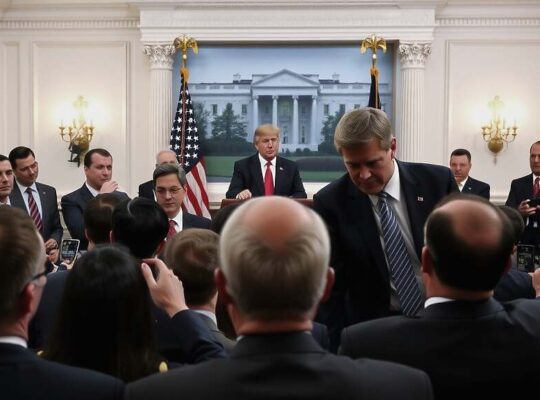Telecom Giant T-Mobile US Funds Trump’s Controversial White House Expansion
In a move drawing criticism and raising questions about corporate influence, T-Mobile US, the German telecommunications conglomerate’s American subsidiary, has pledged a significant financial contribution towards Donald Trump’s planned expansion of the White House. The funds will support the construction of a new, approximately 8,000-square-foot ballroom on the East Wing, a project championed by the President as a personal priority.
T-Mobile’s decision to support the project, revealed in a report by the Handelsblatt, frames the donation as a gesture of “honor” and a commitment to the “modernization” of the presidential residence. The contribution will be channeled through a fund dedicated to the preservation and restoration of historical buildings in Washington D.C., a strategy seemingly designed to distance the telecom giant from direct association with the high-profile and deeply divisive project.
The company declined to disclose the exact sum being donated, further fueling speculation about the scale of their involvement. Confirmation that T-Mobile executives attended a fundraising dinner on October 15th underscored the company’s active participation in the initiative.
President Trump has repeatedly emphasized that the ballroom’s construction would be entirely funded by private donations and his own resources, asserting that U.S. taxpayers would bear no financial burden. However, this declaration has been met with skepticism, particularly given the unprecedented nature of a private entity financing a significant alteration to the White House complex.
Critics argue that T-Mobile’s contribution demonstrates a concerning pattern of corporations attempting to curry favor with the administration, potentially compromising ethical boundaries and influencing policy decisions. The move also raises concerns about the precedent it sets for future administrations and the potential erosion of public oversight regarding the use of federal properties.
The ballroom’s development, alongside the demolition work already underway, continues to be a lightning rod for political debate, highlighting the intersection of private wealth, presidential prerogative and the stewardship of a national landmark.





